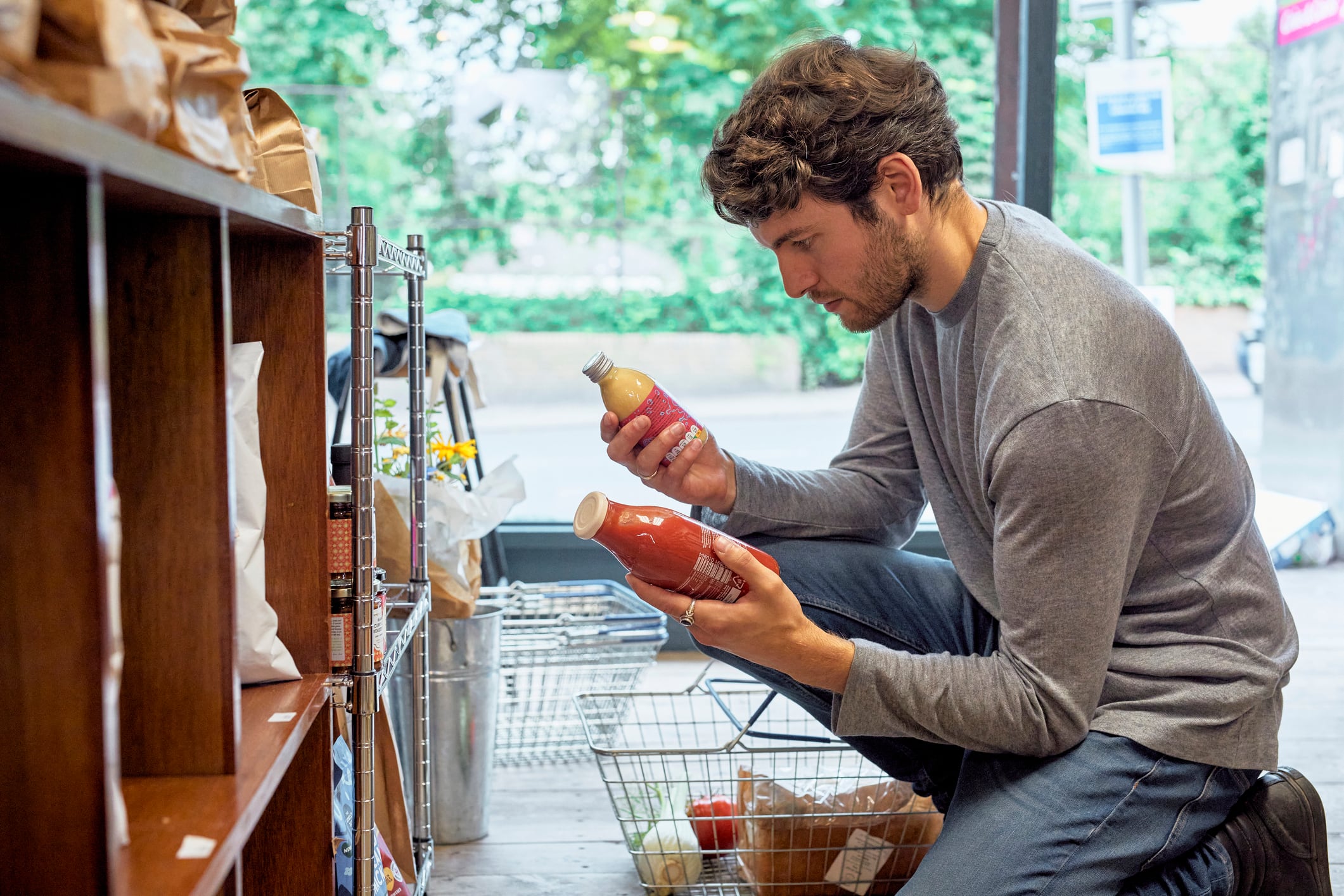That’s according to new data that claims Europe’s FMCG market grew value by 1.9% to €680bn over the year to December 2024.
Strong sales within chilled, fresh and ambient contributed significantly to the market’s overall positive performance, despite these categories facing some of the worst pressures, according to Circana’s latest Demand Signals report.
Data from over 230 FMCG categories and one million SKUs from six of Europe’s leading grocery markets showed chilled and fresh food grew unit sales by 2.2%, totting up to 84.5bn units.
Ambient foods grew volume sales 0.8% to 89.1bn units. Collectively, the categories added €7.5bn in absolute revenue growth for the year.
Economic pressures could dent growth
However, caution is advised. Despite near a third of categories shifting from decline to growth and an additional 28% showing continued growth, economic pressures could dent future performance.
Shoppers, for example, are becoming more selective, according to the report. They are spending more on essential items, but are cutting back on non-essentials as they seek to trim their budgets.
"The FMCG sector is demonstrating resilience in the face of continued economic turbulence,“ says Circana Europe’s SVP for thought leadership Ananda Roy.
Europe's FMCG growth territories
Southern Europe put in the strongest FMCG grocery value sales performance, specifically Spain (+4.9%) and Italy (2.3%), with the former reaching €99bn in the 12 months to December 2024. The UK also was a modest 2% growth, driven by the return of convenience food growth.
In decline, however, was Germany (-0.5%), France and the Netherlands (both -0.8%).
“Consumers across Europe are prioritising value and convenience, prompting brands and retailers to rapidly adapt their product portfolios and promotional strategies.”
Within this, private label sales have tracked up to near half (47%) of FMCG unit sales, the equivalent of 143bn units. However, brands are biting back and piling on the pressure with the introduction of smaller pack sizes which are driving down some private label gains.
Branded FMCG fights back
“National brands are fighting back against private labels, offering consumers differentiated value through innovation, sustainability, and enhanced product experiences. Private labels must now recalibrate to sustain their growth trajectory,” adds Roy.
This shows consumers aren’t only seeking low priced products or a “good deal”, but seek versatility in the brands they purchase, specifically SKUs that fit their lifestyle choices and needs.
Over two-thirds (68%) of shoppers want products that adapt to different needs and occasions.
A keener consumer focus on health has also led to the overall decline of alcohol sales, with units dropping 1.5% compared with the previous period.
Confectionery and baby food unit sales also dipped 1% and 2.2% respectively.





